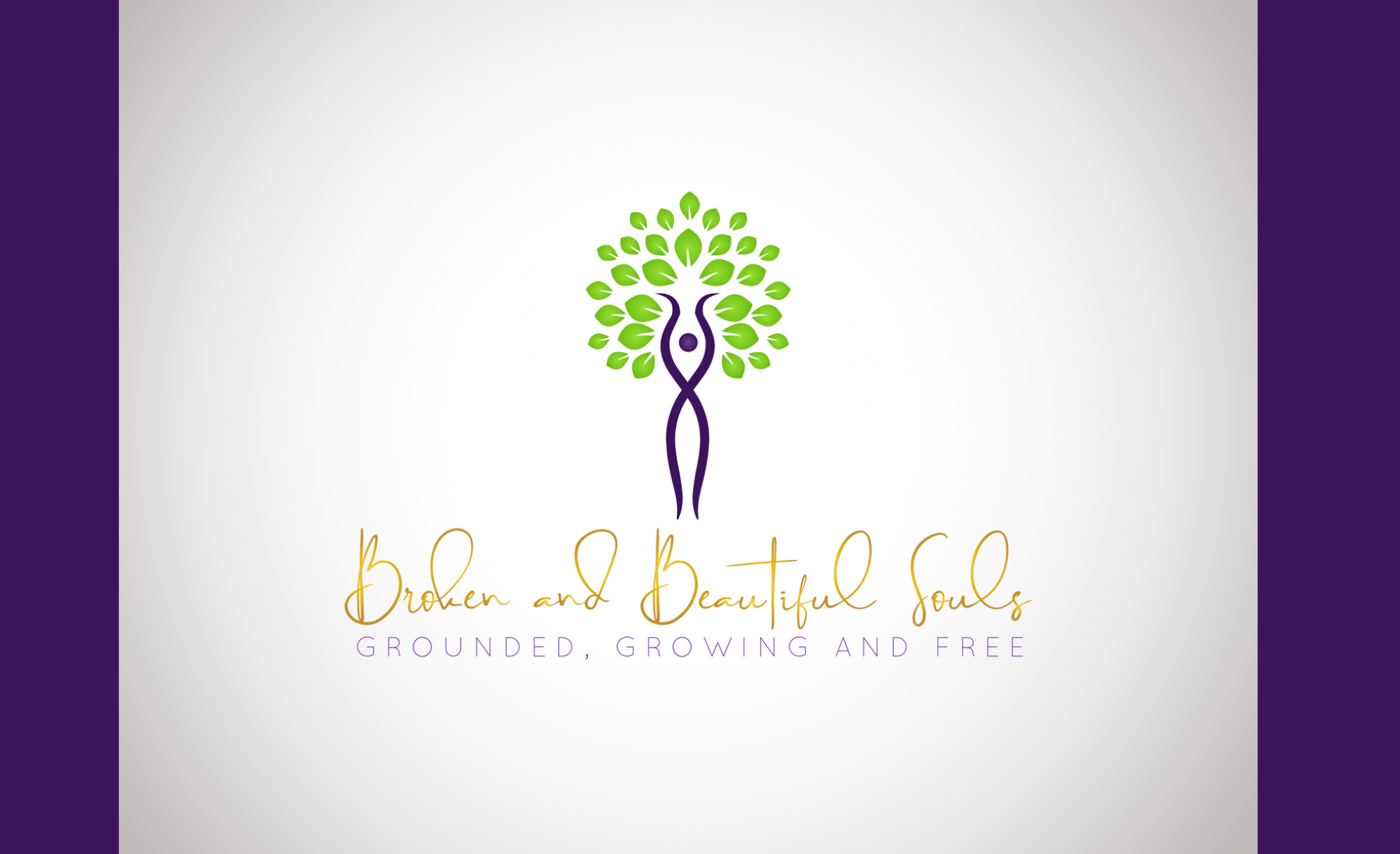Understanding how the brain works can help you make healthier relational choices—especially when you are upset or triggered. Exchanging your relational dance that leads to disaster with that of a more playful and productive dance can help your relationship be restored and thrive.
~~~~~~~~~~~~~~~
“There’s nothing that harshness does that loving firmness doesn’t do better.” ~ Terry Rea
Show Notes:
Attunement is an awareness or presence that is so focused on the object of its attunement that it can mirror whatever it sees and experiences. It begins with mindfulness. Mindfulness is described as having the ability to linger or observe calmly and objectively- with your thoughts, feelings and emotions. You, alone, are responsible to notice what is going on inside of your body; and the Holy Spirit most certainly plays an integral role with this. Then, when you attune to others, you can pay attention to what is going on inside of yourself and to the one you are attuning to such that you can mirror what you are seeing and experiencing.
Keep in mind that not being seen, heard, mirrored, or considered can always be found where trauma exists. Sharing your stories, having them heard and mirrored, where facts and feelings are held by another, is part of the process needed to heal trauma. Healing also includes limiting your brain from being ‘hijacked’ by another’s negative emotions.
Concepts to Consider in Healing Trauma
A. Important Parts of the Brain
- Rational Brain (Hippocampus)- plays an important role in the consolidation of information from short term memory to long term memory
- Emotional Brain (Amygdala)- plays a key role in the processing of emotions
For optimal functioning to occur, both parts of the brain need to be in balance. When this is true, you will feel more like your true self- grounded and calm inside. In this state, you will have access to attune to yourself and others, thereby giving and receiving freely. However, when survival is at stake, these two parts of the brain can and will function somewhat independently of each other. When one part of the brain is not in balance with the other part, feelings of disruption can be minimal to high. Consequently, your ability to attune to yourself and others will cease.
B. Brain going ‘Offline’- this is what happens to your brain when you are in a heated argument with your partner
1. Outer Brain (Pre-frontal Cortex)- controls the ability to think through
things from a rational/conscious facts and feelings
2. Middle Brain (Reptilian Brain)- kicks in when the Outer Brain shuts down
3. Inner Brain– where the ‘Flight-Fright-Freeze’ function kicks in
Tools for Healthy Communication:
A. Communicate when your brain is online- when you have access to your full brain. As soon as you realize your brain is shutting down, step away, ask for a time-out or a ‘do over’. Possibly even set up another time, outside of the current situation, to reconvene communication with your loved one. If you are not able to be kind to yourself and your partner, this will cue you that you need more time before being able to reconvene communication with your spouse.
B. Do your work ahead of time- consider what your spouse can say to you and what you can say to your spouse to further assist one another in healthy communication. Essentially, do your homework to promote healthy communication with your spouse.
C. Communicate your ‘asks’ of each other prior to having difficult conversations
D. Practice attuning to each other- being present to your spouse~ mind, body, and soul
In Conclusion~
- Be an open and inviting partner to your spouse.
- Speak your desires of goodness for your spouse.
- Ask yourself what it looks like to stand for and against your spouse, like the Arc de Triomphe- standing on your own and being attuned to yourself, while being attuned to your partner, so that you can stand against and stand for your partner. Are you also able to receive being stood for and against by your partner?
- Spouses are meant to function as a team. You are meant to be for one another, so that there are two complete wholes, leaning toward one another, becoming one.
- Be creative. What does your Arc de Triomphe look like- color, surroundings, details, words, years, dreams? What stories will be told about its strengths/weaknesses? What might need change to change with you or your partner in order to change the dance of your relationship?
- Be brave, courageous, creative and curious about how the moves of your dance partner can be a better presentation of your marriage, as a triumphal arch- beautiful and strong.
Rom 12:10; I Thess 5:11; I Pet 5:5; I Pet 4:8; Heb 10:24-25; Prov 20:6-7

